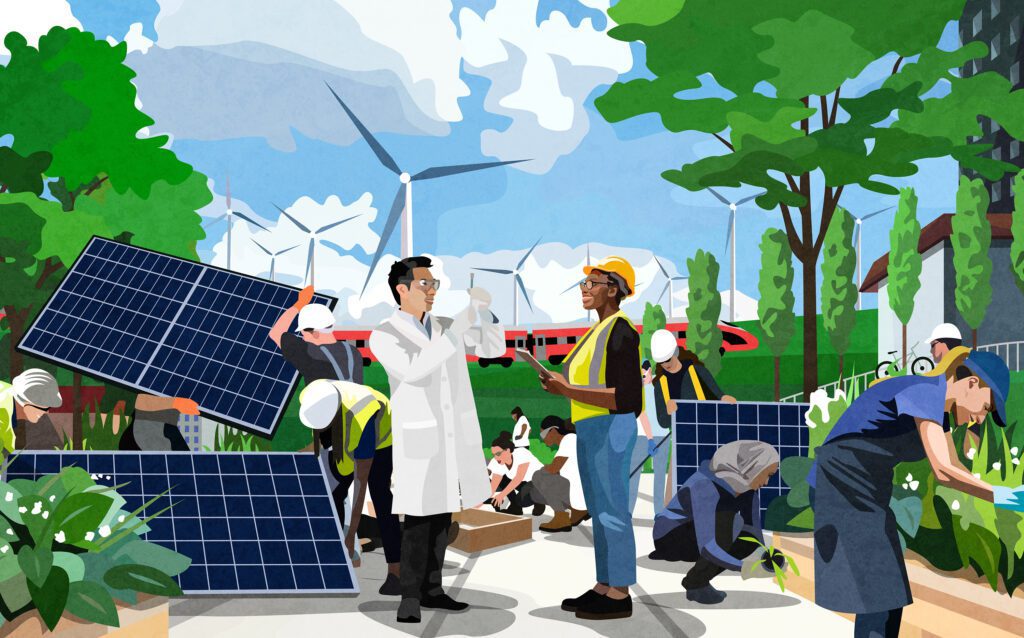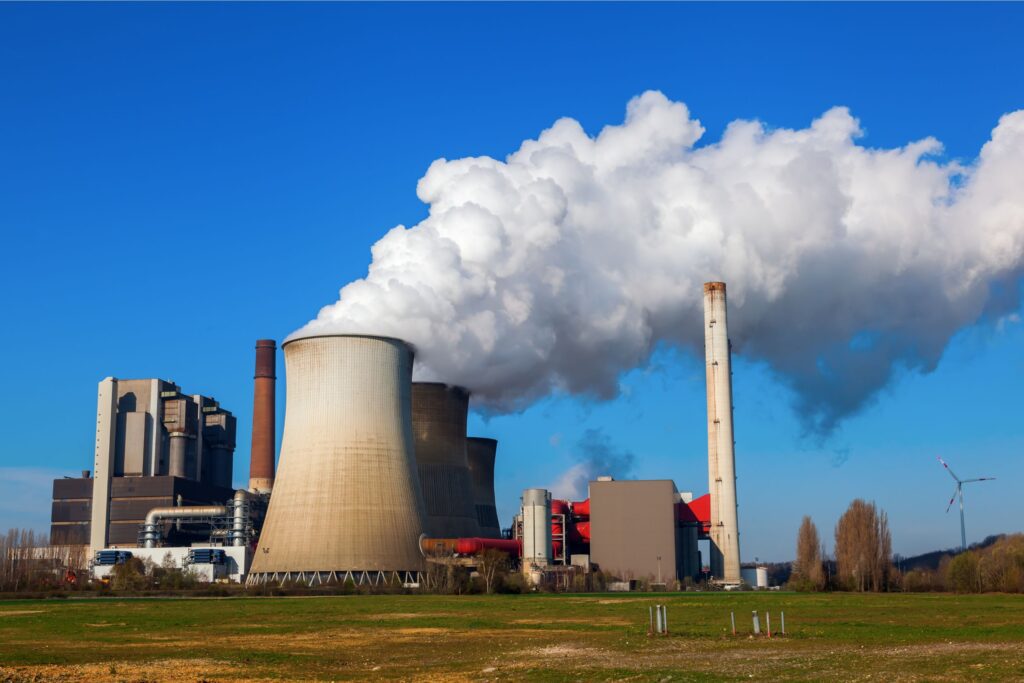As the world’s leaders attempt to hammer out a strong climate agreement in Paris, it’s a good time to reflect on recent provincial climate action in Canada. Recently, Alberta unveiled a momentous climate plan. Some questions have been asked about why we supported that plan.
Here’s why we think Alberta’s climate plan is important:
The plan will:
- Close coal plants by 2030, drastically reducing both deadly local air pollution and massive amounts of carbon emissions
- Increase the amount of renewable electricity on the grid
- See Alberta join with Ontario, Quebec, B.C. and now Manitoba in putting a price on carbon pollution.
- Significantly reduce waste methane emissions from oil and gas wells that are also important causes of climate change
- And last, but not least put a legislated cap on the carbon emissions from the tar sands
The Alberta government’s most recent forecast estimated that production from the tar sands will rise to 4 million barrels per day by 2024. Industry’s projections see production topping 4 million barrels per day by 2030. And the Alberta government has already approved over 5.5 million barrels per day.
The cap will mean that production never reaches those levels, and will stop just above 3 million barrels per day, based on today’s emissions intensity. In short, the cap will keep carbon in the ground.
Thanks to this climate plan, emissions from Alberta should soon peak and then decline, removing the single largest impediment to climate action in Canada.
These changes represent a tectonic shift in approach to climate by the Alberta government and that’s why I was proud to stand on the stage with Premier Notley, First Nations, business and other environmental representatives.
But the work is far from over. We’ll be working to ensure that plan turns into action.
And we will continue to work to stop risky pipelines like Energy East, Northern Gateway and Kinder Morgan. These projects put countless communities in harm’s way, and they threaten iconic and sensitive environmental areas, like the Bay of Fundy. We also plan to hold the federal government accountable for their election campaign commitments to develop a new pipeline review process that includes a climate test and require meaningful First Nations consultation. The climate test must ensure that these pipeline approvals, taken together or alone, do not undermine Alberta’s climate plan and Canada’s climate targets.
Alberta’s announcement is a game changer, which is why we supported it. But the work isn’t done, and we’re not done with it either.







